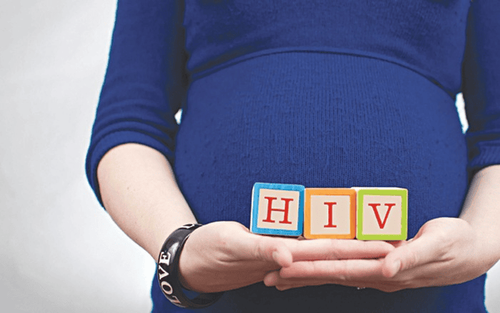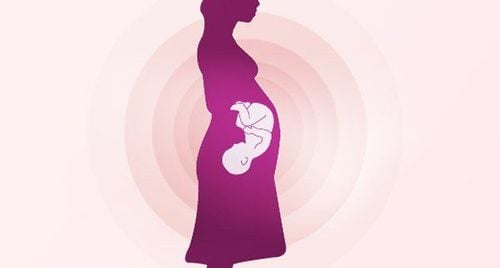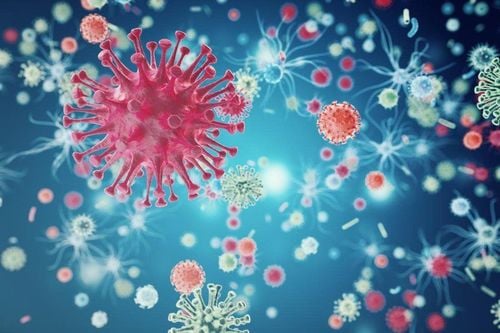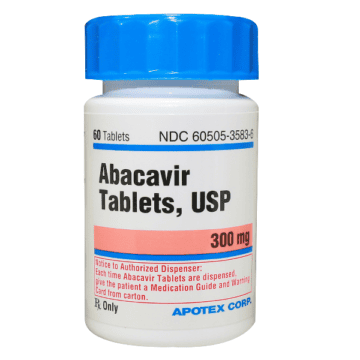This is an automatically translated article.
This article was professionally consulted by Specialist Doctor I Truong Nghia Binh - Obstetrician-Gynecologist - Department of Obstetrics and Gynecology - Vinmec Da Nang International General Hospital.Mother-to-child transmission is one of the three routes of HIV transmission. HIV transmission from mother to child can occur from very early, when the mother is pregnant for the first 3 months until the end of pregnancy.
1. How is HIV transmitted from mother to child?
HIV transmission from mother to child that occurs during pregnancy through the placenta, is called vertical transmission.The role of placenta in mother-to-child transmission of HIV is complicated and unclear, because the structure, characteristics, and function of the placenta change with the development of pregnancy.
Normally, the surface of the placenta is composed of many diaphragms. These membranes act as a protective barrier, allowing only nutrients, minerals, vitamins, and antibodies to be transmitted from the mother to nourish the fetus, not for bacteria or viruses to be transmitted to harm the fetus. fetus. Therefore, thanks to the placenta, the transmission of HIV from mother to child is blocked by the diaphragm of the placenta, preventing transmission to the fetus.
However, when the placenta has a problem such as an infection, it will damage this diaphragm, or make the thickness of the placenta - the septum thinner. At that time, HIV viruses that are free or in the cells will easily move through the placenta and enter the fetus.

2. What is the highest chance of HIV transmission from mother to child during pregnancy?
HIV transmission from mother to child can occur as early as 8 weeks pregnant and can last throughout the pregnancy. However, the researchers found that the rate of HIV transmission through the placenta was highest at 18 weeks of pregnancy onwards. The reason is that at this time, the placenta is infected with HIV virus, the diaphragm of the placenta is damaged or the septum is thin, which will create conditions for the virus to easily penetrate through the placenta into the fetus.3. When does the risk of HIV transmission from mother to child increase?
About 20 - 30% of children with HIV transmission from mother to child is through placental transmission. This rate increases when:The elderly mother is pregnant and has HIV; The mother was initially infected with HIV while pregnant (very high HIV blood levels); The mother was pregnant and then infected with HIV; The mother was infected with HIV at a late stage and then became pregnant.
4. How does HIV transmission from mother to child affect the fetus?

In order to reduce the risk of HIV transmission from mother to child, the mother needs to go to specialized medical centers for advice, preventive treatment and absolutely follow the instructions of the doctor to minimize it. risk of HIV transmission to the fetus.
Doctor Truong Nghia Binh has over 13 years of experience in the field of Obstetrics and Gynecology, has high expertise and long experience in the diagnosis and treatment of Obstetrics and Gynecology diseases.
Please dial HOTLINE for more information or register for an appointment HERE. Download MyVinmec app to make appointments faster and to manage your bookings easily.














